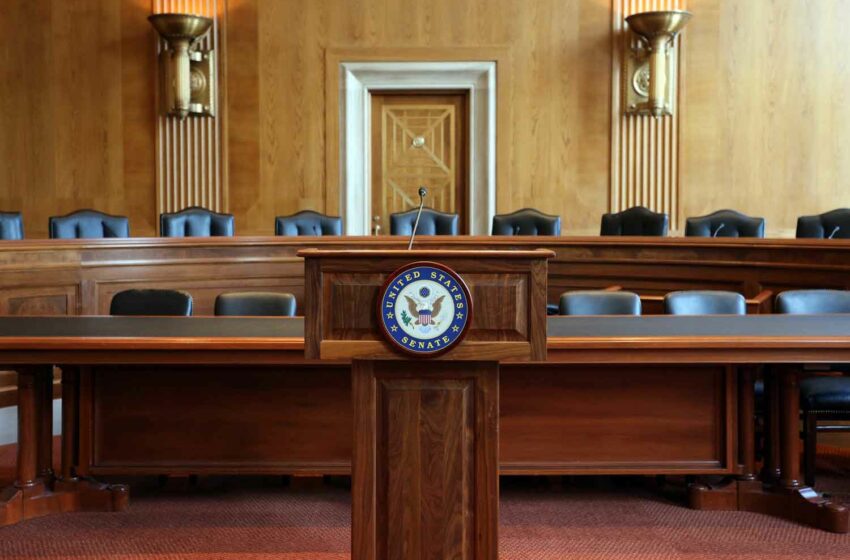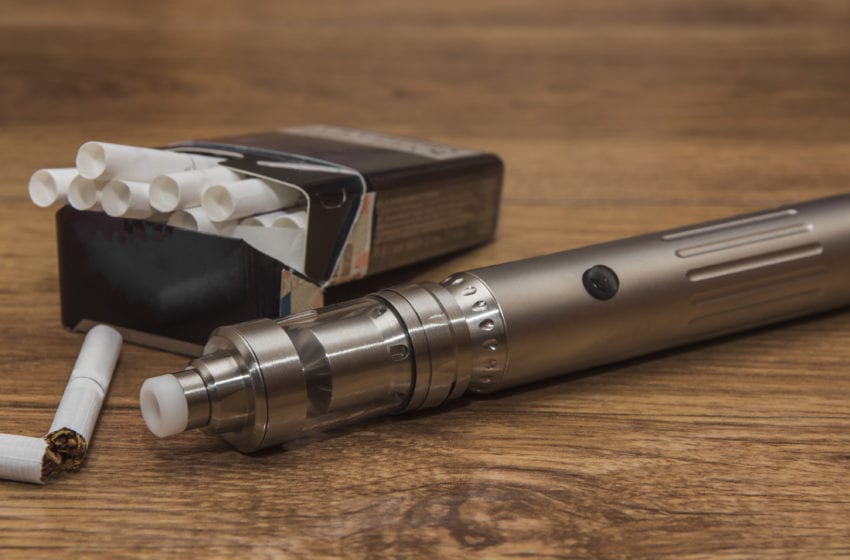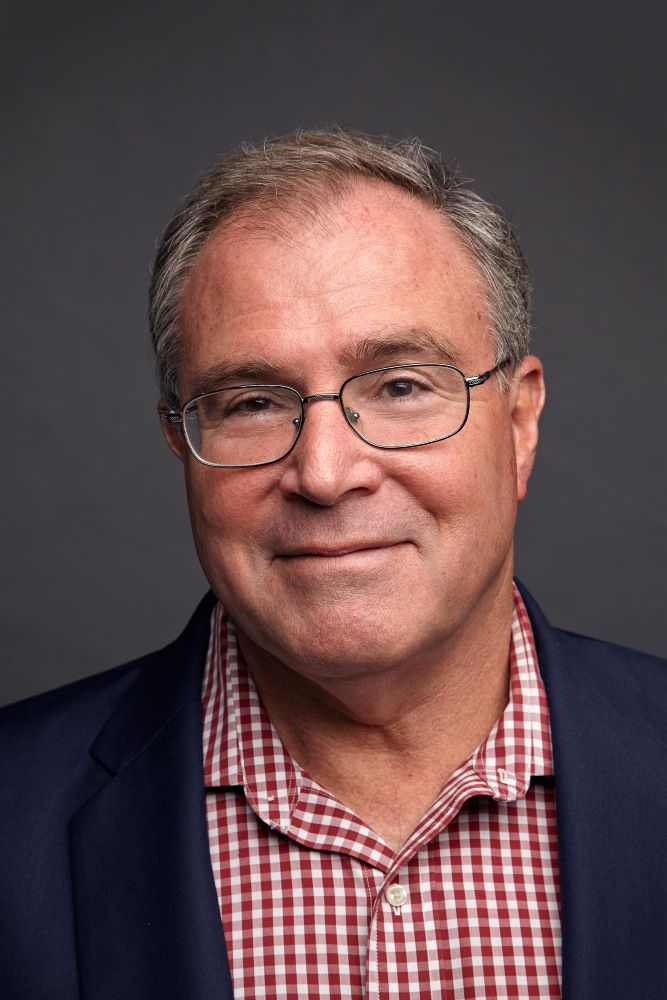The motives behind successful quitting require ongoing efforts to understand those reasons.
By George Gay
Two Hong Kong news stories published in March provided examples of what, to me, is officialdom’s often muddled thinking around tobacco smoking issues. For instance, there is a belief system operating among some politicians that has it that though the consumption of cigarettes is “addictive,” smokers will quit smoking when the price of cigarettes is raised.
Such beliefs seem to gloss over a few inconvenient facts. The first is that while “addictive” is a Humpty Dumpty word often used to mean whatever the person using it wants it to mean, most definitions include the idea of compulsion, and, bizarrely, politicians, egged on by tobacco control advocates, have hammered home the idea that smoking compulsion is extremely difficult if not impossible to break.
So the question arises: What leads politicians to believe that raising the price of cigarettes will overcome this compulsion, which is unrelated to price?
Another pertinent question would be why so many politicians, apparently convinced that nicotine addiction is almost unbreakable, are not willing to accept the concept of tobacco harm reduction (THR), whereby users continue to consume the addictive nicotine, which is what they crave and which, alone, does not cause harm, but without the harmful products produced during the burning of tobacco.
This question was raised a long time ago by the availability of vapes, but it has surely been elevated to another level by the arrival of nicotine pouches. What appeared to be a blinkered attitude by some politicians and tobacco control advocates has been raised to the level of pigheaded obstinacy.
Why? Muddled thinking again, perhaps brought on because of the science, if you can call it that. According to a study by the Ohio State University Comprehensive Cancer Center, nicotine pouches do little to curb smokers’ nicotine cravings. A university press note from Nov. 21 said that researchers had “found that current smokers had a much greater spike of nicotine in their blood levels and much sharper relief from craving symptoms when smoking than when using both the low-dose and higher dose nicotine pouches.”
I ask you, what is the average politician going to make of this? They are going to say that given these pouches do not work, we may as well ban them and prevent another nicotine product from entering the market, and, without mentioning it, support the continuing use of cigarettes.
They will not stop to ask themselves whether the science here might be somewhat askew. They will not stop to ask themselves why, if nicotine pouches do not work, there is purportedly a “problem” with increasing sales. They will not stop to ask themselves whether judgments about the efficaciousness of these products are best left to the market rather than the laboratory. And they will not stop to ask themselves whether consumers need scientists to tell them whether nicotine pouches work for them.
Of course, they will not ask these questions because they are unlikely to see beyond the heading: “Pouches do little to curb cravings: Study.” And this a pity because the press note about the study was not totally negative regarding nicotine pouches.
“Our challenge is to approach regulation of nicotine pouches to limit their appeal among young people while making them more appealing to adult smokers who would see health benefits by switching from cigarettes—which have the most severe health impacts with long-term use—to nicotine pouches,” the lead study author, Brittney Keller-Hamilton, was quoted as saying.
I say not totally negative because what is being called for here is a balance between designing nicotine pouches. Hence, they are effective in getting smokers to quit while not allowing them to become attractive to the underaged. This is the self-same quest that has been pursued in the case of vapes, always with the same result: that the products are made less attractive to adult smokers than they need to be to encourage wholesale quitting.
What comes out of the university worries me also because of an email I received on Oct. 6 from Mediasourcetv, which said the university was continuing its commitment to helping the U.S. Food and Drug Administration better regulate tobacco products. “The Ohio State University was one of seven centers across the United States selected to conduct research aimed at gathering scientific evidence needed for these decisions,” the email said.
Don’t get me wrong. I am all in favor of the FDA making better decisions about tobacco and nicotine products. In fact, I shall wait with baited breath for this to happen. No, the problem was what came next in the second paragraph.
“Historically, the tobacco industry has manipulated nicotine in combustible cigarettes and smokeless tobacco products, like chewing tobacco, to sustain dependence among existing users but also to increase their appeal and addictiveness for young people and nonusers,” the email said.
Firstly, I don’t like the starting point that says, historically, the tobacco industry has manipulated nicotine. This seems to indicate the university, assuming it was the source of the story, is starting from a rather strange position from which it will be difficult to generate objective scientific evidence. How can it be that what happened “historically” can impinge scientifically on the present situation?
Either you are a scientist or a historian. It is quite possible that nobody still works for the tobacco industry who was involved in manipulating nicotine, so the question arises as to what the link is between the industry of yore and that of today.
Secondly, I get caught up with the finale: “… but also to increase their appeal and addictiveness for young people and nonusers.” How can it possibly be the case that manipulating nicotine increases the appeal and addictiveness of tobacco products to nonusers? This is utter nonsense.
These might seem like minor points, but you have a responsibility to take care of what you say when you are writing about what is generally thought to be the product whose consumption causes more preventable disease and death than the consumption of any other consumer product. Otherwise, you cannot be surprised if people dismiss everything you say as gibberish.
On which point, let me flip back to the middle of the sentence: “like chewing tobacco.” The word “like” here is misleading because it seems to mean something similar to but not the same as. What should have been written, I guess, is “such as chewing tobacco.”
But I digress. The second inconvenient fact about the worth of raising taxes and, therefore, cigarette prices is that many of the smokers who would otherwise be further impoverished by cigarette price rises probably know where they can buy illicit products that undercut the price of tax-paid cigarettes.
Indeed, one of the stories on the English-language news website RTHK.com quoted Hong Kong politicians as saying that it was common to see people on public housing estates handing out flyers promoting illicit tobacco products.
Of course, legislators and the tobacco industry get on their high horses and condemn the purchase of illicit products as somehow morally wrong, but if you are involved in promoting a system where a licit, “addictive” product is deliberately made unaffordable to many of the people within the minority group comprising smokers, you can hardly take the moral high ground. You are the problem.
The third inconvenient fact is that some smokers, probably a minority of them, can afford to pay the increased prices. And this raises an odd question: Do price increases discriminate against the well off? Let me explain. If politicians really believe that raising the prices of cigarettes will cause people to quit smoking and that quitting will improve the former smokers’ life chances, unless those price rises are enough to cause the richest smokers to quit, then the wealthiest smokers are being discriminated against; they are not being forced into improving their life chances as are poorer smokers.
Clearly, the only way to bring in a fair system would be to ask all smokers to pay for their cigarettes a price that would be unaffordable even to the richest among their ranks, and, perhaps, to stop nonsmokers from being tempted to take up the habit, the price would have to make cigarettes unaffordable even for the wealthiest person in the country. I think this is called prohibition.
This might seem like a phantasmic approach, but I do not think it would be much more unreasonable than what happens in Hong Kong, where the authorities during the past couple of years have worried about the damage caused by smoking, used the taxation system to raise the prices of cigarettes and then worried about the increase in sales of illicit cigarettes.
And when I say “worried,” this is something of an understatement if newspaper stories are anything to go by. The trade of illicit cigarettes is an obsession with endless stories about the quantities and the so-called values of seizures and the incidents of fines and prison sentences handed out to those seen to be breaking the law, even to individuals importing a few cigarettes on which local duties have not been paid.
One suggestion put forward to help combat this trade has been to require that cigarettes bear customs department labels to show that duty has been paid on them. But this would surely be a sticking-plaster response. Those involved in the illegal trade could knock out labels capable of fooling most people.
Only those with specialist knowledge and equipment who got up close and personal would know the difference. Clearly, consumers would know the labels and the products were not genuine—they could tell by the product’s price.
What I find so odd is that authorities will go to all this bother when there is a way of encouraging smokers to quit their habit rather than bludgeoning them into submission—of working with consumers rather than against them. All that needs to happen is for the authorities to remove the ban on alternative, less-risky nicotine products.
This would make sense—a lot more sense than is to be found in current policies because to try to use pricing to force people to break cigarette smoking addiction when they are not allowed to access acceptable alternative products and when there is a ready supply of illicit products seems to be the triumph of hope over experience.
The pity is that I sense there are people in authority in Hong Kong who, while they might not be advocating THR yet, could be persuaded that this is the way ahead in the 21st century. I say this because the two stories mentioned at the start of this piece quoted rational voices alongside those of politicians who clearly would never have the courage to admit they had been wrong.
Some politicians, while aiming to encourage people to quit smoking, obviously understand the difficulties involved and the necessity of treating smokers as ends in themselves, not as a means to an end. The RTHK.com story had two politicians pointing out that government efforts to combat the illegal trade in cigarettes were inadequate given two consecutive years of tax increases on these products and the difficulty in dealing with the trade in illicit products, especially that conducted through overseas websites.
At the same time, a voice from the retail and wholesale sector quoted in The Standard made the point that the government should focus on better education about the harmful effects of cigarette smoking rather than relying on duty increases alone.
And a politician also quoted in The Standard called on the government to enhance assistance to people wanting to quit smoking. Calls to a smoking cessation hotline, she said, had increased significantly since the latest tax increase, which had probably caused stress among some smokers. She added that there was a need for continuous efforts to understand the reasons behind successful quitting and the challenges faced by those who failed.
There is hope, but it will be an uphill battle.



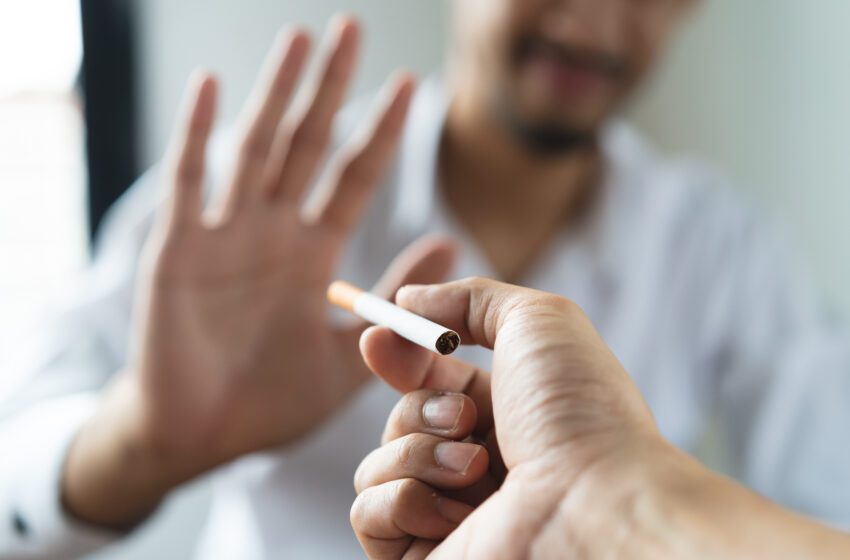
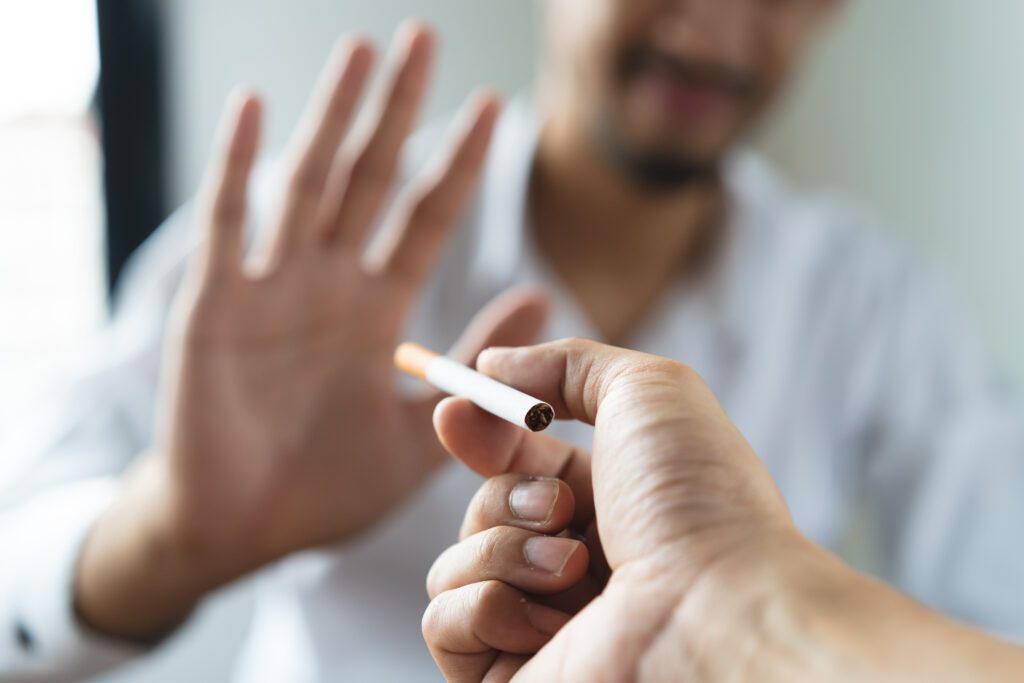





 The US Food and Drug Administration has sent warning letters to six online retailers for selling unauthorized e-liquid products from the Bad Drip brand that imitate prescription drug bottles.
The US Food and Drug Administration has sent warning letters to six online retailers for selling unauthorized e-liquid products from the Bad Drip brand that imitate prescription drug bottles.